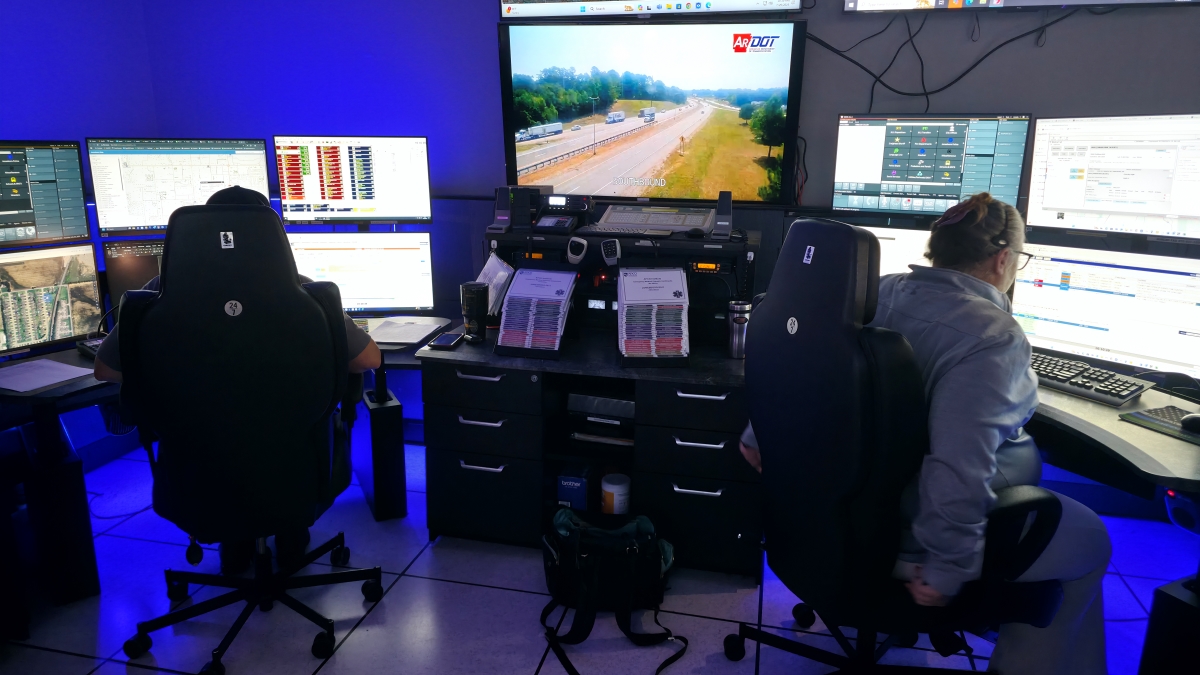Jonesboro, AR — (JonesboroRightNow.com) — July 29, 2025 — A new program is equipping Jonesboro dispatchers to provide immediate, step-by-step medical guidance over the phone during emergencies.
On July 25, the City of Jonesboro posted on its Facebook page that the Emergency Medical Dispatch program is officially active at the city’s E911 Communications Center.
Training coordinator Cristy Hundley said the program involves getting information that EMS and first responders can use to better treat a patient before they arrive at the hospital. This also involves giving pre-arrival instructions for different types of medical emergencies, including instructions for CPR and bleeding control.
“We have a card that will cover virtually any medical emergency that we have encountered, and we can give life-saving instructions, if it’s life-threatening, and potentially save a patient’s life,” she said.
The number of questions varies from emergency to emergency. With heat-related emergencies being common as temperatures stay high, Hundley said they want to make sure they cover all the necessary questions to make the response as smooth as possible.
“We’re going to ask about their skin tone, their skin color. ‘Is it red? Are they pale? Are they conscious and aware? Are they able to answer questions? Even once we’ve got EMS and fire on the scene or en route, once we get through all our questions, we’re going to try to get them somewhere cool,” she said.
In the short time the program has been active, Hundley said it has already resulted in a life being saved. She explained that a caller told the dispatcher someone in their house was unresponsive and not breathing.
“Our dispatcher had to give CPR instructions to someone else in the house, and when responders arrived on scene, they did take CPR over and they got that patient revived,” she said.
Hundley went on to say that the dispatcher in question was a trainee who had only been there for two months, making the moment even more exciting.
“I was told by her coworkers and her trainer that she kept calm, kept focused during the call, kept encouraging them, and what she needed to do to get through that call, and then once it was over, she needed to definitely take a break,” she said.
According to the city, the center’s 26 dispatchers completed 40 hours of specialized training and passed written and practical exams for the new program.
One of the biggest challenges for dispatchers, Hundley said, was adjusting to the number of questions they have to ask, especially in fast-paced situations.
“Even though we’ve got them right there in front of us, sometimes we forget, ‘Oh yeah. I’ve got to go to my guide cards and ask these questions too,” she said.
Another challenge that came with implementing the program was the training schedule. Hundley said training began in January, with some dispatchers even having to come in on their days off to do the classes.
Hundley emphasized callers be patient with the new system, adding that while dispatchers will be asking more questions during calls, they will not delay EMS and first responders.
“It may also be a case where we may put you on hold for just a second while we take care of dispatching that call ourself and then come back and ask more questions, but it’s not going to delay dispatch. That’s the most important thing,” she said.


